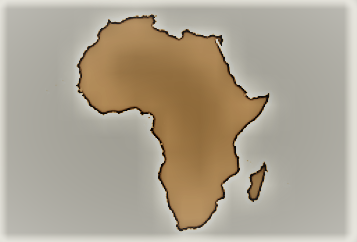A new GLO Discussion Paper concludes that competition for land is stronger and property rights are weaker close to historical ethnic borders.

GLO Discussion Paper No. 1261, 2023
(De facto) Historical Ethnic Borders and Land Tenure in Sub-Saharan Africa – Download PDF
by Depetris-Chauvin, Emilio & Özak, Ömer
GLO Fellow Ömer Özak
Author Abstract: We study the role of proximity to historical ethnic borders in determining individual land ownership in Sub-Saharan Africa. Following an instrumental variable strategy, we document that individuals have a lower likelihood of owning land near historical ethnic borders. In particular, the likelihood of owning land decreases by 15 percentage points, i.e., about 1/3 of the mean rate of landownership, for rural migrants who move from 57km (90th percentile) to 2 km (10th percentile) from the border. This result aligns with the view that competition for land is stronger and property rights are weaker close to historical ethnic borders in Sub-Saharan Africa.
JUST PUBLISHED
Vol. 36, Issue 3, July 2023: Journal of Population Economics (JOPE) 26 articles.
https://link.springer.com/journal/148/volumes-and-issues/36-3
JOPE has CiteScore 6.5 (2021, LINK) & Impact Factor 4.7 (2021, LINK)

GLO Discussion Papers are research and policy papers of the GLO Network which are widely circulated to encourage discussion. Provided in cooperation with EconStor, a service of the ZBW – Leibniz Information Centre for Economics, GLO Discussion Papers are among others listed in RePEc (see IDEAS, EconPapers). Complete list of all GLO DPs – downloadable for free.
The Global Labor Organization (GLO) is an independent, non-partisan and non-governmental organization that functions as an international network and virtual platform to stimulate global research, debate and collaboration.
Ends;

